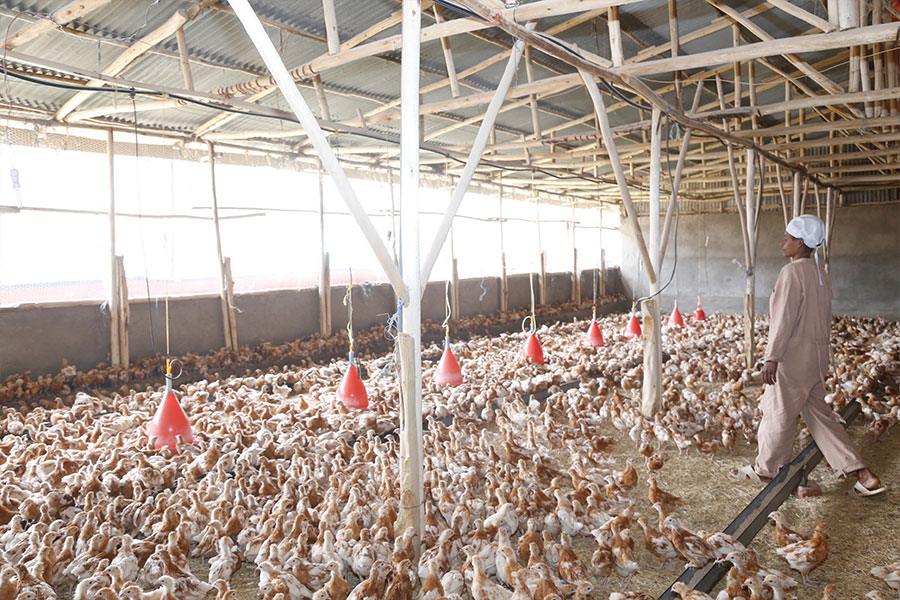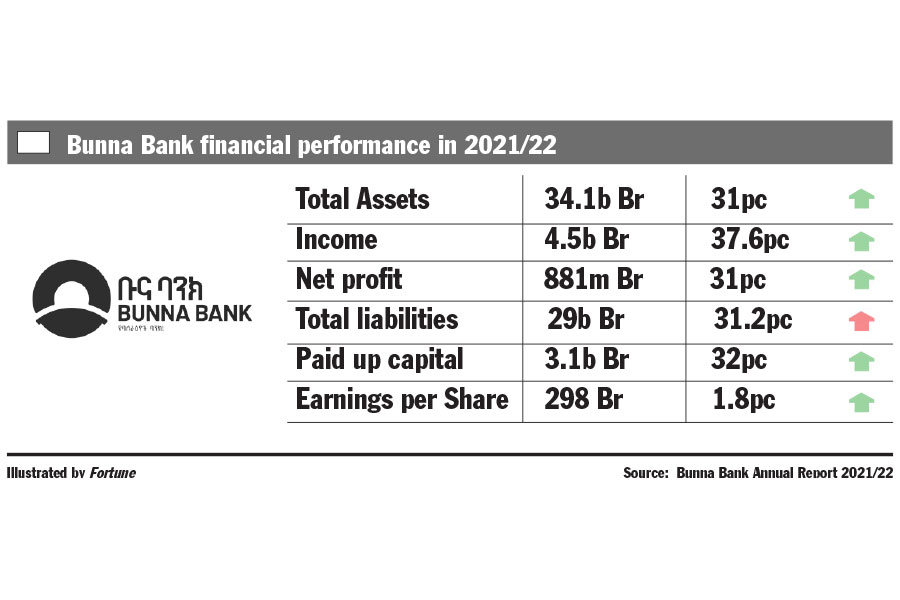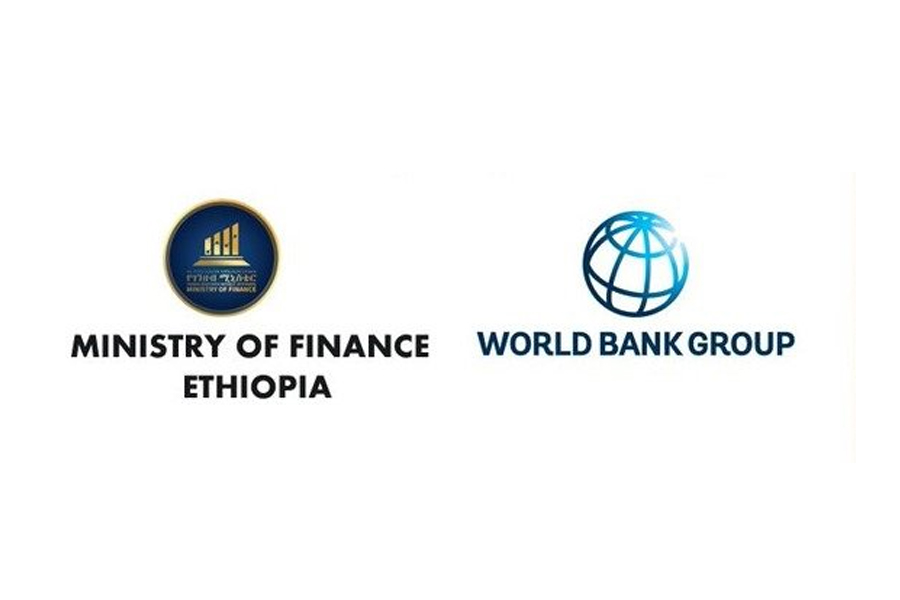
Fortune News | Apr 12,2020
Nov 11 , 2023
By
The floriculture industry, a relatively nascent but fast-expanding sector, faces considerable challenges that mirror global concerns. However, catalysed by Ethiopia's favourable climate and agri-business potential, it is at a critical juncture where lessons from international experiences are shaping its future trajectory.
The flower business was scrutinised during the 2005 national election campaigns, with many political party leaders opposing floriculture investments. This period marked a turning point, bringing to light the industry's potential pitfalls and prospects. Floriculture has since embarked on a path of learning from global experiences, mainly focusing on the darker aspects of the flower trade. This approach aims to inform better practices and policies to improve the sector's sustainability and competitiveness.
The federal government, recognising the need for sustainable practices, has adopted a code of practice for sustainable flower farming. This initiative is designed to safeguard floriculture's longevity while ensuring local communities' welfare. The code emphasises eco-friendly practices, such as biological control and organic farming. It also fosters collaboration and accountability among key stakeholders – the government, growers, and consumers – particularly concerning the safe use of pesticides, water management, and social justice.
Globally, the floriculture business faces scrutiny for its social, ecological, and economic impacts.
The industry is known for creating employment opportunities, especially for women, but often at the cost of low wages, poor working conditions, and health risks.
Colombia, a leading flower exporter, has seen significant environmental costs, including depleted water tables and toxic pesticide residues. The industry, however, remains a vital economic engine, generating substantial export revenues and providing employment in regions with high unemployment rates.
Kenya, another significant player in the global flower market, mirrors similar challenges. Its floriculture sector is an important contributor to its economy, providing direct and indirect employment to millions. However, recent reports exposed severe exploitation within the industry, including forced labour, high work targets, and gender-based discrimination.
In Ecuador, one of the world's largest flower producers, the industry's success comes with considerable sustainability concerns. The extensive use of synthetic pesticides like glyphosate poses environmental and health risks. While regulated in food production, these chemicals often bypass stringent controls in the flower industry. The sector's high water usage and carbon emissions from refrigeration and transport exacerbate environmental degradation.
These global experiences offer crucial lessons for Ethiopia as it seeks to develop its floriculture sector responsibly. The Ethiopian industry's adoption of sustainable practices and its commitment to social and environmental welfare are steps in the right direction. However, the challenge lies in balancing economic growth with sustainable development. As the industry grows, continuous monitoring and adaptation of practices will be essential to respond to the risks associated with intensive agricultural practices.
The Ethiopian case also shows the importance of international cooperation and knowledge sharing in addressing the challenges of the floriculture industry. As countries like Ethiopia look to established markets for guidance, there is an opportunity for global industry players to collaborate on sustainable practices and fair trade principles. This approach could lead to a more resilient and responsible global floriculture market.
In its early stages, the Ethiopian floriculture industry is at a crucial point where it can learn from the successes and failures of established markets. The path forward involves a delicate balance of economic growth, environmental stewardship, and social responsibility. The global floriculture industry offers a rich experience from which Ethiopia can draw valuable insights. As the industry evolves, it will be critical to focus on sustainability to ensure that the beautiful blooms of the floriculture sector do not come at an untenable cost to people and the planet.
PUBLISHED ON
Nov 11,2023 [ VOL
24 , NO
1228]

Fortune News | Apr 12,2020

Commentaries | Dec 29,2018

Radar | Jul 13,2024

Fortune News | Jul 02,2022

My Opinion | Feb 18,2023

Fortune News | May 20,2023

Advertorials | Jul 11,2019

Commentaries | Mar 09,2024

My Opinion | Oct 28,2023

Radar | Oct 05,2024

Photo Gallery | 178218 Views | May 06,2019

Photo Gallery | 168425 Views | Apr 26,2019

Photo Gallery | 159200 Views | Oct 06,2021

My Opinion | 137056 Views | Aug 14,2021
Commentaries | Oct 25,2025

Dec 22 , 2024 . By TIZITA SHEWAFERAW
Charged with transforming colossal state-owned enterprises into modern and competitiv...

Aug 18 , 2024 . By AKSAH ITALO
Although predictable Yonas Zerihun's job in the ride-hailing service is not immune to...

Jul 28 , 2024 . By TIZITA SHEWAFERAW
Unhabitual, perhaps too many, Samuel Gebreyohannes, 38, used to occasionally enjoy a couple of beers at breakfast. However, he recently swit...

Jul 13 , 2024 . By AKSAH ITALO
Investors who rely on tractors, trucks, and field vehicles for commuting, transporting commodities, and f...

Oct 25 , 2025
The regulatory machinery is on overdrive. In only two years, no fewer than 35 new pro...

Oct 18 , 2025
The political establishment, notably the ruling party and its top brass, has become p...

Oct 11 , 2025
Ladislas Farago, a roving Associated Press (AP) correspondent, arrived in Ethiopia in...

Oct 4 , 2025
Eyob Tekalegn (PhD) had been in the Governor's chair for only weeks when, on Septembe...

Oct 25 , 2025 . By YITBAREK GETACHEW
Officials of the Addis Abeba's Education Bureau have embarked on an ambitious experim...

Oct 26 , 2025 . By YITBAREK GETACHEW
The federal government is making a landmark shift in its investment incentive regime...

Oct 29 , 2025 . By NAHOM AYELE
The National Bank of Ethiopia (NBE) is preparing to issue a directive that will funda...

Oct 26 , 2025 . By SURAFEL MULUGETA
A community of booksellers shadowing the Ethiopian National Theatre has been jolted b...